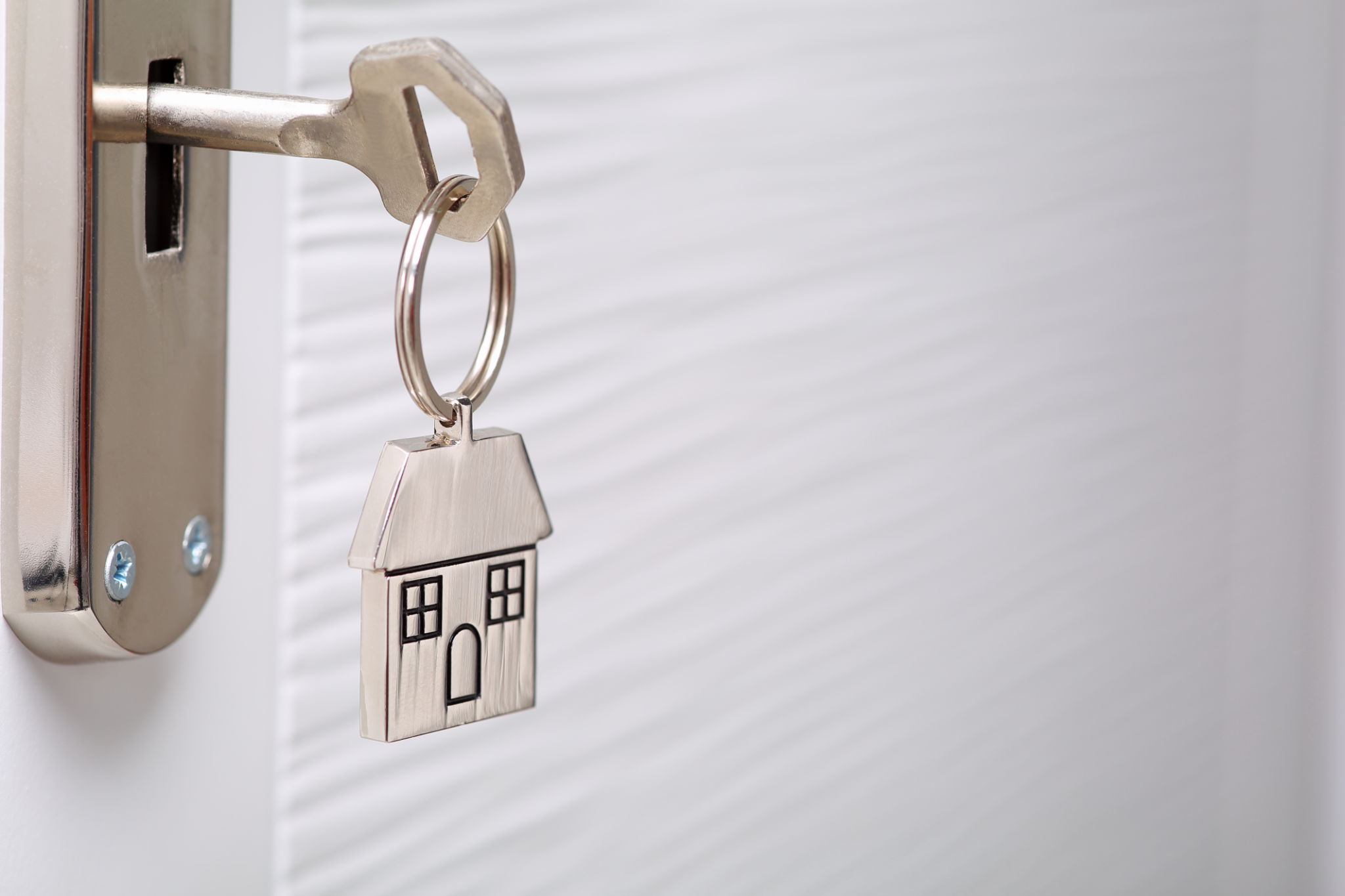The Ultimate Guide to Buying Your First Home
Understanding Your Budget
Buying your first home is an exciting milestone, but it’s crucial to start with a clear understanding of your financial situation. First, assess your savings and determine how much you can afford for a down payment. Typically, a down payment ranges from 3% to 20% of the home’s price. Additionally, consider other costs like closing fees, property taxes, and insurance.
Create a comprehensive budget that includes your monthly expenses and projected mortgage payment. This will help you determine a realistic price range for your new home. Remember, it's important to leave some financial wiggle room for unexpected expenses.

Securing a Mortgage
Once you have a clear budget, the next step is to secure a mortgage. Start by checking your credit score, as this will impact the interest rates offered to you. If your score needs improvement, take steps to enhance it before applying for a mortgage.
Research different lenders and mortgage types to find the best fit for your financial situation. It's wise to get pre-approved for a mortgage before you start house hunting. This not only simplifies the buying process but also signals to sellers that you are a serious buyer.

Finding the Right Location
The location of your new home can significantly affect your lifestyle and future property value. Begin by identifying areas that align with your needs and preferences. Consider factors like proximity to work, schools, amenities, and public transport.
Visit neighborhoods at different times of the day to get a feel for the community. Research crime rates, school ratings, and future development plans in the area to ensure it’s the right fit for you and your family.

House Hunting Tips
With your budget and location in mind, it’s time to start house hunting. Make a list of must-have features versus nice-to-have amenities. This will help you focus on properties that truly meet your needs.
Attend open houses and viewings to get a better sense of what’s available within your price range. Don’t hesitate to ask questions about the property’s history, maintenance, and any potential issues.

Making an Offer
When you’ve found the perfect home, it’s time to make an offer. Work with your real estate agent to determine a competitive offer price based on recent comparable sales in the area. Consider including contingencies in your offer, such as home inspections or financing clauses, to protect your interests.
Be prepared to negotiate with the seller. It’s common for sellers to counteroffer, so have a clear maximum offer in mind before entering negotiations.
Closing the Deal
Once your offer is accepted, you’ll enter the closing phase. This involves finalizing your mortgage, conducting inspections, and completing any necessary paperwork. It’s essential to review all documents carefully and understand each term before signing.
Schedule a final walk-through of the property before closing day to ensure everything is as expected. Once all conditions are met, you’ll sign the final paperwork and receive the keys to your new home!

